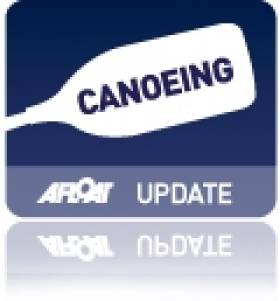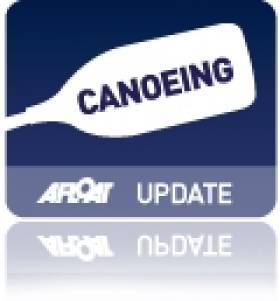Displaying items by tag: paddling
GB Dragonboat Team Hope To Sail Through World Championships
#dragonboat – The Great Britain Dragonboat team prepare with excitement and determination in readiness for their travels to Niagara in Canada, for the World Dragonboat Racing Championships in August this year.
After coming away with 9 medals, which included 3 golds, at the last world championships, in Hungary, they have a lot to live up to and a lot more to gain. Dragonboat racing consists of a squad of 26 individuals who paddle a 40 foot boat which is shaped and decorated to look like a dragon, including a dragon face as its figurehead. In each squad there are up to 20 paddlers, with a drummer, helm and 4 reserves.
As well as competing up and down the country at various venues, including water sport centres, the Great Britain team compete in international competitions on a regular basis, with huge success. They are represented by 4 different squads which consist of: an under 18s team, a Premier Team, a Senior A team of over 40s and a Senior B team of over 50s which have also been given the name 'Grand Dragons.' The 4 squads took home no less than 17 medals from the 2014 European Championships in Prague.
The upcoming August World Championships are being held at the Welland International Flatwater Centre, Niagara, Canada, where over 30 countries will bring teams to compete. They are expecting over 4000 participants and are hoping for the Flatwater Centre to be filled to the brim with supporters of all nationalities.
Having only been recognised by the Sports Council in 1992, Dragonboat racing would appear to be a fledgling sport to many. However, its origins date back over 2000 years to China, where superstitious villagers held boat races on the 5th day of the 5th Chinese lunar month as a way of warning off bad luck.
Today, Dragonboat racing has developed into a popular competitive sport which brings team members together from all walks of life. As each team is so large, members gain as much socially as they do physically from the sport. Although Dragonboat racing is fully recognised as a sport, the Great Britain team is still self-funded which makes development and training difficult to organise and afford.
Volunteers Needed for Paddlefest 2011
The Irish Canoe Union has put out a call for volunteers to assist in the running of this year's Paddlefest event in Co Wicklow.
Paddlefest 2011 will be taking place on 25 and 26 September at the Hidden Valley Holiday Park in Rathdrum.
The junior paddling festival held every September. Each year 200 to 300 juniors participate in a variety of activities based around the different disciplines kayaking has to offer.
This year the Irish Canoe Union will be helping out with the organisation of the event, and is looking for volunteers to help give the children the opportunity to go kayaking over the corse of the weekend.
Anyone interested and available to help out should contact Benny Cullen at the Irish Canoe Union at [email protected].





























































